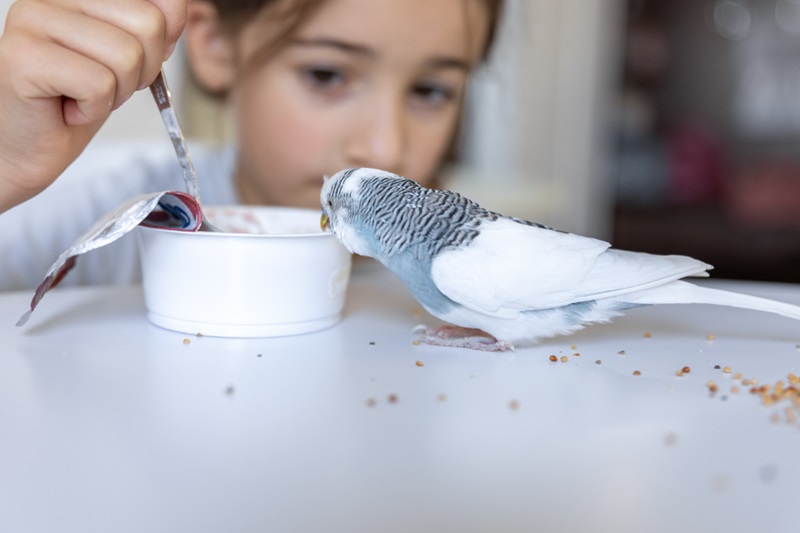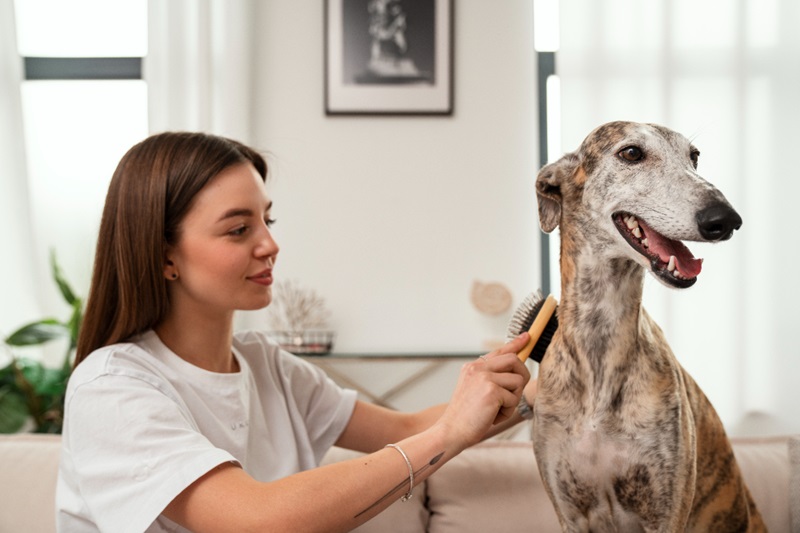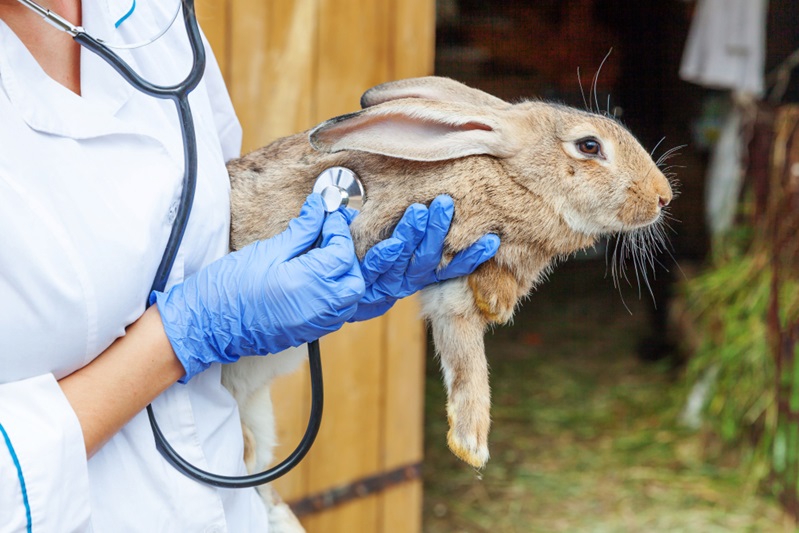Pet care is a responsibility filled with joy and challenges. Small oversights can sometimes lead to big problems for our furry friends. Many pet owners, even the most well-intentioned ones, fall into common traps due to misinformation or lack of experience. Knowing what to avoid is just as important as knowing what to do. Frequent pet care mistakes can impact your pet’s well-being. With valuable insights, both new and experienced pet owners can avoid unnecessary issues and keep pets happy.
Feeding the Wrong Diet
The food you provide has a significant impact on your pet’s health. Many owners make the mistake of feeding human food or low-quality pet food.
- Health Risks: Poor diets can lead to obesity, allergies, and nutritional deficiencies. Some human foods, like chocolate, grapes, and onions, are toxic to pets.
- Tips for Improvement: Invest in high-quality pet food suitable for your pet’s age, size, and breed. Consult a veterinarian to create a balanced diet plan. Avoid overfeeding by following portion guidelines.

Skipping Regular Vet Visits
Regular check-ups are essential, even if your pet seems healthy. Skipping them can lead to unnoticed health issues.
- Why It Matters: Early detection of problems like infections, dental issues, or chronic conditions can save your pet from unnecessary pain and costly treatments later.
- Solution: Schedule annual vet visits. For older pets, consider more frequent check-ups. Keep vaccinations and preventive treatments up to date.
Neglecting Dental Hygiene in Pet Care
Dental hygiene is often overlooked, yet it is critical for your pet’s overall well-being.
- Consequences: Poor dental care can cause bad breath, gum disease, and tooth loss. In severe cases, it can lead to infections affecting vital organs.
- How to Fix It: Brush your pet’s teeth regularly using pet-safe toothpaste. Provide dental treats or toys that help clean teeth. Schedule professional cleanings as recommended by your vet.

Lack of Proper Pet Care Training
An untrained pet can develop behavioral problems, which can be stressful for both the pet and the owner.
- Common Mistakes: Ignoring basic training or using harsh methods can lead to anxiety, aggression, or destructive behavior.
- Solutions: Start training early. Use positive reinforcement techniques like treats and praise. Enroll in professional training classes if needed. Consistency is key to long-term success.
Not Providing Enough Exercise
Physical activity is essential for your pet’s physical and mental health. Lack of exercise can lead to health and behavioral issues.
- Risks: Pets can become overweight, anxious, or bored without enough exercise. This might result in destructive habits like chewing furniture or excessive barking.
- Suggestions: Set aside daily time for walks, play, or interactive toys. Tailor activities to your pet’s breed and energy level. For example, high-energy breeds may require more intensive exercise.
Ignoring Mental Stimulation
Pets need mental challenges to stay engaged and happy.
- Consequences of Neglect: Bored pets may develop anxiety or destructive behaviors.
- How to Provide Stimulation: Use puzzle toys, hide treats for them to find, or teach new tricks. Rotate toys regularly to maintain interest. Spend quality time interacting with your pet daily.

Forgetting Grooming
Skipping grooming is another common mistake that can lead to discomfort and health problems.
- What Can Go Wrong: Neglecting grooming can cause matted fur, overgrown nails, or ear infections.
- Tips to Improve: Brush your pet’s fur based on their breed’s needs. Trim nails regularly, clean their ears, and bathe them as required. A professional groomer can help if you’re unsure about handling it yourself.
Leaving Pets Alone for Long Periods
Pets are social creatures and require companionship. Leaving them alone for extended periods can affect their mental and physical health.
- Impact: Pets left alone too long may develop separation anxiety or depression.
- Recommendations: Arrange for a pet sitter, daycare, or a trusted friend to check in if you’re away. Provide interactive toys and create a safe space for your pet.
Not Pet-Proofing the Home
An unsafe home environment can put your pet at risk.
- Common Dangers: Unsecured chemicals, small objects, or exposed wires can harm curious pets.
- How to Pet-Proof: Keep harmful items out of reach. Secure trash cans, cover electrical outlets, and remove choking hazards. Ensure your yard is escape-proof if your pet spends time outdoors.

Skipping Socialization
Socialization helps pets adapt to different environments and interact well with people and other animals.
- Why It’s Important: Poorly socialized pets may exhibit fear, aggression, or stress in unfamiliar situations.
- How to Socialize: Gradually introduce your pet to new people, pets, and environments. Reward positive interactions with treats and praise. Socialization is easiest during a pet’s early months but is beneficial at any age.
Avoiding Mistakes: Pet Care FAQs
- How often should I take my pet to the vet?
At least once a year for regular check-ups. Senior pets or those with chronic conditions may need more frequent visits.
- What human foods are toxic to pets?
Chocolate, onions, garlic, grapes, raisins, and alcohol are toxic. Always consult your vet before offering human food.
- How can I exercise my pet indoors?
Use interactive toys, set up obstacle courses, or play fetch in a safe space. Puzzle feeders can also provide physical and mental activity.
- What’s the best way to train a pet?
Positive reinforcement methods work best. Reward good behavior with treats, toys, or praise. Avoid punishment as it can create fear or anxiety.
- What are signs of dental problems in pets?
Bad breath, difficulty eating, swollen gums, or loose teeth are common signs. Regular vet visits can help address these issues early.
Make Pet Care Simple and Stress-Free
Avoiding common pet care mistakes ensures your furry friend leads a happy and healthy life. From proper nutrition to regular exercise, attention to these areas strengthens your bond and prevents avoidable problems. Small changes in your care routine can make a big difference in your pet’s well-being. Stay informed, consult professionals when needed, and give your pet the love and care they deserve. A well-cared-for pet is a joyful companion for years to come.

